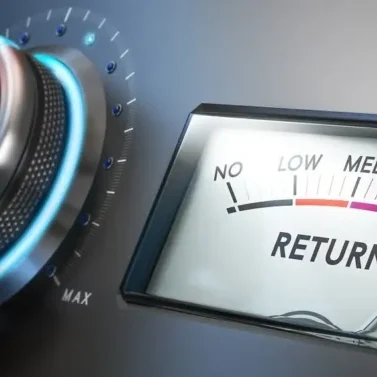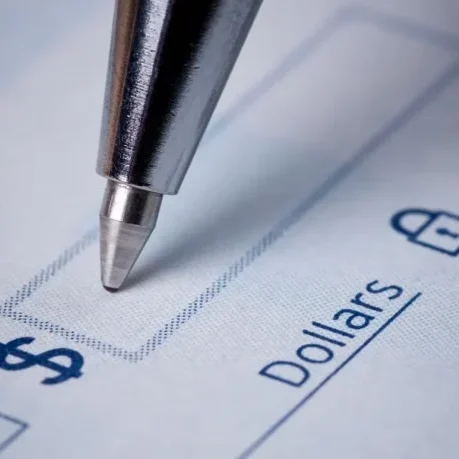What to Know Before Buying a Gas Station
Doing the right due diligence on an acquisition can't guarantee the financial success of a gas station. However, it can prevent you from acquiring a financial nightmare.
As a buyer, you should spend a lot of time and resources looking into the business before buying it. This article covers some of the questions you should ask the current gas station owner before you make the acquisition. This should help ensure your gas station purchase becomes a good investment.
Questions to ask when buying gas station
In this section, we cover nine important questions that focus on the key areas of your due diligence. Keep in mind these questions are not intended to be comprehensive. However, they should give you an idea what to look for during the due diligence phase.
1. Are there any environmental issues?
Environmental issues can affect a gas station's chances of success. If the issues are serious enough, they can go as far as to bankrupt the gas station and, potentially, the investor. Perform a detailed environmental assessment of the whole site and equipment during your due diligence phase. Use a reputable company with experience in gas station environmental issues. They will help uncover any past or current issues before you buy the gas station.
2. Are there any tanks and pumps issues?
The tanks should be reviewed as part of the environmental assessment, and you should ask the seller about the pumps' status as well. Tanks are always an area of environmental concern. Additionally, look at the gas station's overall equipment. Are the pumps and other equipment in good shape? Are they reasonably modern? Old pumps that don't look well maintained will surely affect the attractiveness of your station and, ultimately, your sales.
3. Are the financial statements accurate?
Ideally, you want the gas station's financial statements to break down revenues by source. This approach allows you examine each revenue center carefully and determine how much profit comes from fuel and how much comes from other sources. Unfortunately, getting accurate financial statements from the current owners can sometimes be a challenge.
Financial reporting problems are aggravated if the gas station has a large proportion of cash sales that aren't recorded accurately. The issue of unreported cash sales is tricky and must be handled delicately. Consider asking the seller, in a professional way, if the gas station has any unreported income from cash sales. If they do, speak with a tax professional that can advise you accordingly.
Making an investment decision without reliable financial statements is difficult – and risky. Note that without accurate financial statements, you will not be able to get outside financing since the transaction won't meet lending requirements.
4. Are sales diversified?
Fuel sales have low margins and can be volatile. This makes them difficult to manage. Most stations that perform well have additional sources of revenue. These include revenues from convenience stores, car washes, quick lube centers, or auto maintenance shops.
Most experts recommend that it's best to have a station with diversified revenues. Obviously, the choice is up to you, though lenders may not feel comfortable financing gas station acquisitions that rely solely on fuel sales.
5. How much competition is there? What are the local demographics?
Fuel sales are sensitive to competition and demographics. Ask the current owner about the local competition and market, but also perform your own due diligence. Drive through the area and look at it through the eyes of a customer. What fuel options are there? Are the gas stations pleasant, convenient, and modern? From this perspective, is the station you are buying a good option?
Look at the demographics as well. Who are the station's customers and what are they buying? Are they local customers, commuters, or a mix of both? This analysis will help you get an idea of what will shape demand for your station.
6. How is the real estate being handled?
Generally, gas stations that include a provision for the location (real estate) are easier to finance than those that don't. Location is one of the key factors in the success of a gas station. Lenders will only finance transactions in which the buyer is able to use the real estate during the term of the loan. You can do this by getting a lease that covers the term of the loan or by acquiring the real estate outright. Keep in mind that some locations may have restrictions regarding the brand of fuel that can be sold.
7. Is the gas station franchised or unbranded?
There are pros and cons to buying a franchised vs. an unbranded gas station. Franchised owners get to use all the branding and designs from the franchisor. They get instant market recognition. Owners of franchised stations must also buy all their fuel and products from the franchisor. Lastly, they must offer and honor all of the franchisors offers and abide by their restrictions.
Unbranded gas station owners don't have to follow the same rules as the franchised owners. This gives them some freedom and options. However, they don't get the benefit of a known brand or their support system. Ultimately, you must decide which type of station best fits your strategy.
8. Do any family members work at the gas station?
It is not unusual for small business owners to hire family members to work their gas stations. They may operate fuel pumps (if full-serve) or work inside the convenience store. In principle, there is no problem with this practice.
However, some small business owners pay their family members "off the books." They may also pay their family member employees a lower than required wage. This can be a problem for you. Replacing these "family employees" with regular employees will cost you more. This affects your bottom line. Take this difference into account when making an offer.
9. Has the station experienced any criminal activity?
Unfortunately, some gas stations become the targets of criminal activity. The types of crimes vary from simple credit card fraud all the way to armed robbery. As a buyer, you need to be aware of these issues. The last thing you want is to buy another person's problem.
Ask the seller directly about local crime and financial fraud. Additionally, go to the local police station and ask them for a crime activity report about the station. That report should give you a good idea of the amount of crime in the area near the station.
Should you work with an expert?
If there is one thing that you learned from this article, it is that acquiring a gas station is not easy. Invest the cost of consulting with experts who are familiar with gas station acquisitions. In the end, that may save you from making a bad investment.
At a minimum, work with a CPA or tax professional who is familiar with gas stations. They will help you evaluate the station's financial reports. Additionally, hire a reputable environmental company to perform the assessment.
Looking to buy a gas station?
The first step to work with us is to submit this form. Once we review it, one of our associates will contact you to discuss the specific details of your acquisition.







